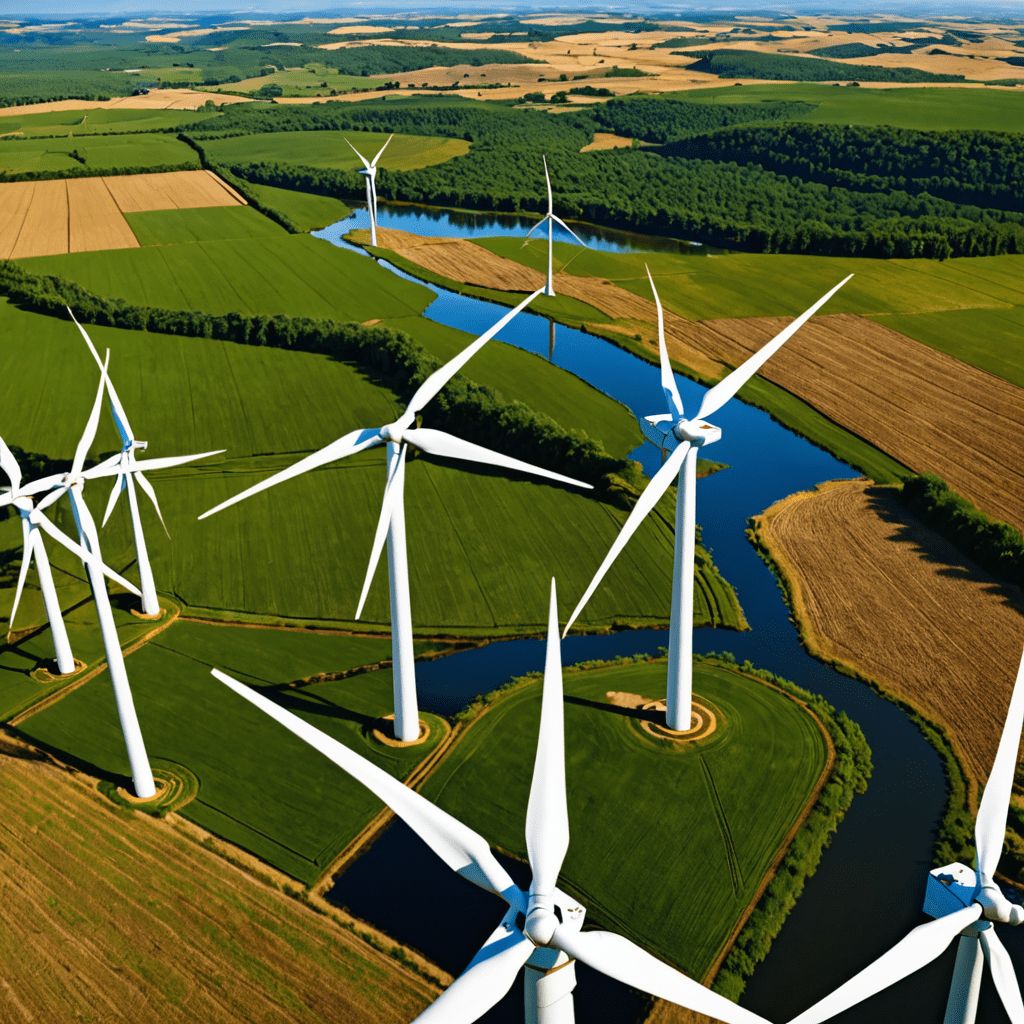
The Role of Wind Energy in Rural Water Supply
Wind energy is increasingly being harnessed as a sustainable solution to power various aspects of rural communities, including water supply systems. This article delves into how wind energy plays a crucial role in providing clean and reliable water sources to rural areas.
Wind-Powered Water Pumping Systems
One significant way that wind energy contributes to rural water supply is through the use of wind-powered water pumping systems. These systems utilize the kinetic energy of the wind to pump water from wells, boreholes, or reservoirs to meet the water needs of rural communities.
Off-Grid Water Treatment Facilities
Wind energy is also instrumental in powering off-grid water treatment facilities in remote rural areas. These facilities use wind turbines to generate electricity, which is then used to treat water from natural sources such as rivers or lakes, making it safe for consumption.
Cost-Effectiveness and Sustainability
Implementing wind energy solutions for rural water supply offers a cost-effective and sustainable alternative to traditional diesel-powered systems. Wind turbines have lower operational costs and minimal environmental impact, making them an attractive choice for powering water supply infrastructure in rural regions.
Reliable Water Supply in Remote Areas
Rural communities often face challenges in accessing reliable water sources due to their remote locations. Wind energy helps overcome this issue by providing a consistent and renewable power source for water pumping and treatment systems, ensuring a reliable water supply for residents.
Community Empowerment and Resilience
By incorporating wind energy into rural water supply projects, communities gain greater control over their water resources and become more resilient to external factors such as fuel price fluctuations. This empowerment enhances the sustainability and self-sufficiency of rural water supply systems.
Environmental Benefits of Wind-Powered Water Systems
Switching to wind-powered water systems not only benefits rural communities but also contributes to environmental conservation. Wind energy is a clean and renewable resource that helps reduce carbon emissions and dependence on fossil fuels, promoting a greener and healthier environment for all.
Conclusion
In conclusion, wind energy plays a vital role in improving rural water supply by offering sustainable, affordable, and reliable solutions to communities in need. By harnessing the power of the wind, rural areas can establish resilient and environmentally friendly water supply systems for a better future.
FAQs about Wind Energy’s Contribution to Rural Water Supply
What is the role of wind energy in rural water supply?
Wind energy plays a crucial role in providing power for water pumping systems in rural areas. By harnessing the power of wind through turbines, renewable energy can be used to pump water for agricultural, domestic, and community needs.
How does wind energy benefit rural communities in terms of water supply?
Wind energy offers a sustainable and cost-effective solution for rural water supply. It reduces dependency on fossil fuels, lowers operational costs, and provides a reliable source of power in remote areas where grid connections are limited.
Can wind energy be used effectively to address water scarcity in rural regions?
Yes, wind energy can be a key player in addressing water scarcity in rural regions. By powering water pumps efficiently and continuously, wind energy helps to ensure a steady supply of water for irrigation, livestock, and essential household needs.
What are the advantages of using wind energy for rural water supply?
Some of the advantages of utilizing wind energy for rural water supply include its environmental sustainability, ability to operate off-grid, low maintenance requirements, and long-term cost savings compared to traditional diesel-powered pumps.
Are there any challenges associated with implementing wind energy for rural water supply?
While wind energy offers numerous benefits, challenges like intermittent wind patterns, initial setup costs,


